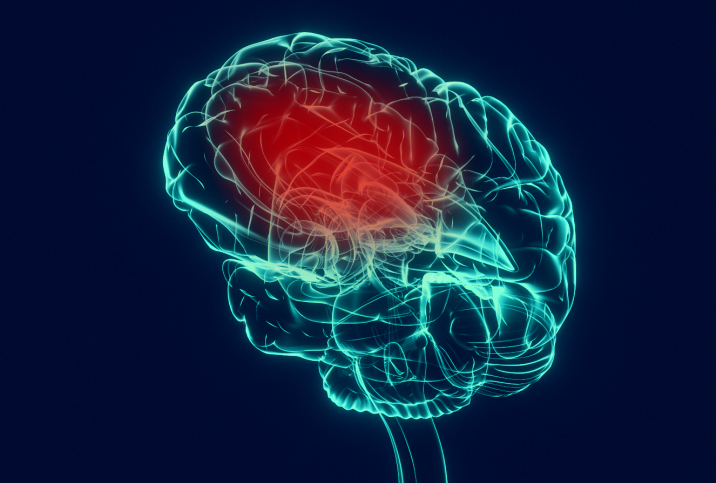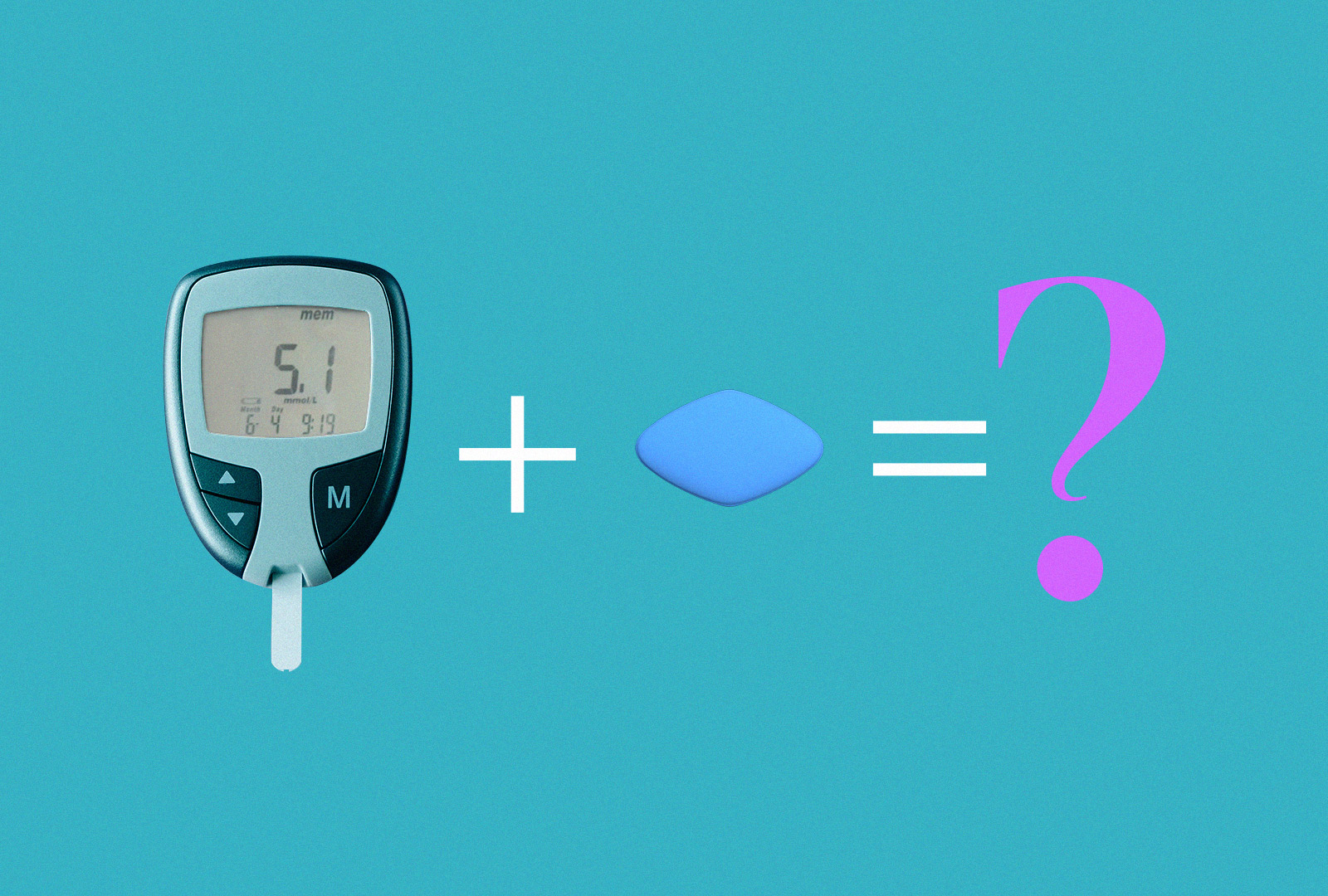The Role of Anxiety in Erectile Dysfunction

The American Psychological Association defines anxiety as "an emotion characterized by feelings of tension, worried thoughts and physical changes like increased blood pressure." People with anxiety disorders may experience apprehension or worry, as well as rapid heartbeat, sweating, dizziness, feeling jittery or panicky and other symptoms. Anxiety also correlates closely with the development of sexual health issues such as erectile dysfunction (ED).
Anxiety and the phases of sexual response
The three phases of sexual response include desire, arousal and orgasm. Unsurprisingly, anxiety can affect any or all three. A cycle may develop in which initial anxiety due to a disorder or situational factors can lead to dysfunction, such as the inability to achieve or maintain an erection, which then leads to performance anxiety and finally to more dysfunction. Managing anxiety and negative thoughts or emotions, such as worrying about meeting a partner's expectations, is key in addressing ED, as well as one of its subsets, premature ejaculation (PE).
According to a small study published in 2015 in Comprehensive Psychiatry, nearly 25 percent of men with ED have anxiety disorders, as well. Stressors such as depression and anxiety may cause a release of cortisol, a hormone that constricts blood vessels, including those to the penis, making erections difficult. Chronic stress or prolonged anxiety may decrease overall testosterone levels, which contribute to ED.
There are steps you can take to manage erectile dysfunction. First, talk to your doctor who may suggest tests to determine whether your case of ED is due to physical factors, such as diabetes, heart disease, prostate cancer or hypertension, or psychological issues, including anxiety or depression. If the verdict is that the problem has psychological origins, there are three ways to address the problem: discussion therapy, medication and mechanical devices designed to help provide and maintain an erection.
Discussion therapy
Anxiety can come in many forms, including panic attacks, obsessive-compulsive disorder (OCD) or post-traumatic stress disorder (PTSD). The problem could be temporary and situational, involving difficulties at work, money trouble or performance anxiety with your partner, or something that requires long-term treatment. Either way, a licensed therapist may be able to help reduce the effects of anxiety by addressing the underlying problem and create long-term positive results.
Medication
Oral medications for ED come in two types: drugs that treat ED directly, and antidepressant and anti-anxiety drugs that address an underlying psychological condition. Antidepressants include SSRIs, or selective serotonin reuptake inhibitors. Although SSRIs may work well at treating generalized anxiety, they can be a double-edged sword because they've been linked to negative sexual side effects including ED, which leaves you right where you started. Working closely with your doctor can help determine which medication, if any, is the right step for you.
Drugs that are used to treat ED include sildenafil (Viagra), tadalafil (Cialis) and vardenafil (Levitra), among others. However, some men experience side effects from these drugs, including headaches and muscle or back pain. Men with hypertension and liver or kidney disease may not be candidates for these medications, so they're not an answer for everyone.
ED devices
Mechanical devices can help you achieve and maintain an erection. Wearable devices offer noninvasive solutions to erectile dysfunction. These products include vacuum constriction devices that include a penis pump, and constriction devices that keep blood in the shaft of the penis.
The newest product in this class is Eddie by Giddy®, an FDA-registered Class II medical device designed to treat erectile dysfunction and improve male sexual performance. In 2021 clinical trials, Eddie proved effective in treating men with physically, psychologically and pharmacologically induced ED. Eddie is a safe treatment that does not have the negative side effects of prescription pills, nor does it require a prescription to obtain.
Determine the cause and find a treatment
In addition to medications, talk therapy can also address anxiety disorders. Cognitive behavioral therapy (CBT) is just one example. Meditation, yoga and lifestyle choices, such as regular exercise, a healthier diet and improved sleep, may also help your efforts.
If you believe ED is the result of your anxiety, know that you're not alone: About 30 million men experience ED problems in the United States. That is a significant number of people whose quality of life may be adversely affected by this common condition. Talk to your doctor to determine the causes and outline treatment options that can get you back to full sexual health.


















